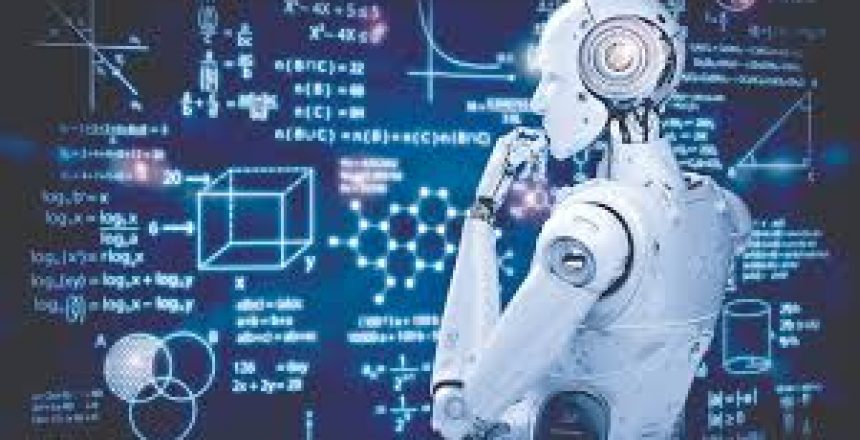Artificial Intelligence (AI) is transforming the world at an unprecedented speed, faster than any other technological revolution. What was once the domain of science fiction, AI is now a reality that influences every part of our lives, including communication, work, shopping, learning, and decision-making. As estimated by the World Economic Forum, AI holds the power to create 97 million new positions by the year 2025 and replace or reorganize millions more. This scale of disruption indicates a clear fact that universities need to integrate AI as an essential component of learning, as opposed to an optional course. AI is no longer the preserve of tech firms or computer science departments. It is an omnipresent, cross-disciplinary field that permeates medicine, law, design, agriculture, finance, and even education itself.
Universities themselves have a profound responsibility to ensure that all students, regardless of what they are studying, can engage meaningfully and responsibly with AI. Here’s why learning to include AI as a foundation of university education is vital to the future of work and learning.
CREATING FUTURE-PROOF GRADUATES
McKinsey Global Institute puts nearly a million of the global workforce into situations where they need to shift careers or reskill entirely due to automation and AI. Education models based on rote knowledge are no longer adequate, as graduates need to think, analyze data, and utilize AI systems. With AI being a main subject, universities can prepare students with digital literacy, critical thinking, and adaptive problem-solving skills that will enable them to take on future careers such as AI strategists, data scientists, or human-AI interaction designers. Throughout the fields, even non-vocational fields such as marketing, law, and medicine are incorporating AI-powered decision-making, thus basic AI literacy is becoming the key that unlocks every career.
FROM INFORMATION CONSUMPTION TO INNOVATION CREATION
Artificial intelligence-based platforms enable students to transcend memorizing theory and experiment with thought. With machine learning algorithms, predictive models, and generative AI platforms, students can try out hypotheses, build simulations, and analyze real-world problems. For instance, AI can be utilized by environmental science students to model climate scenarios, medical students to predict disease trends based on patient data, and business students to use AI-enhanced analytics to chart market behavior. Such applications make classrooms hubs for innovation where knowledge creation takes the place of memorization. Moreover, students not only gain technical knowledge but also develop an entrepreneurial mindset for solving the planet’s most difficult problems.
[Read More…]


